Weather and climate
The Lake District has experienced significant climate change throughout geological time, from glacial periods to the present temperate maritime climate. The hostel lies within the North West climate region of the UK, characterised by cool summers, mild winters, and high monthly rainfalls all year. However, the mountainous environment of the Lake District causes considerable variations in the weather, even within a small area. Borrowdale is the wettest valley in England, with an average annual precipitation of 470cm at Sprinkling Tarn and 333cm at Stonethwaite, but a rain shadow effect results in a steady decrease in precipitation as you move north along the valley (so the hostel does not receive nearly as much rain as Stonethwaite!).
Using diagrams, excursions, historical data, and our own measurements and observations, we can study the causes and effects of the different weather conditions in Borrowdale and the North West. There are several weather stations along the valley, some with online data. We can also study the weather conditions on the high fells, provided in winter by two volunteers who take it in turns to climb Helvellyn each day. Learning about the weather, which can change so quickly in the Lake District, is essential for our safety.
There are many interesting micro-climates in the Lake District, and plant species are a good indicator of long-term micro-climate conditions (such as the alpine flora restricted to east-facing coves and gullies on the Helvellyn range).
We can also explore the issue of climate change by using local data and examples of extreme weather. Is the Lake District experiencing significant climate change? How are the people, flora and fauna, rocks, and soils of the Lake District affected by weather?
The water cycle can easily be followed in Borrowdale, and, as a result of high precipitation, the river systems are very interesting to study. The hostel is a perfect base for exploring lakes, waterfalls, flood plains, bridges and flood management schemes.
The floods of 2009 and 2015 were particularly damaging in Cumbria: are these events linked to climate change, with more frequent extreme weather events?
Weather and climate is a highly stimulating and relevant theme, with opportunities to use poetry, music, photography, dance, drama, technology, mathematics, and scientific enquiry to explore a wide range of data, locations, current issues, and physical processes.
Sample activities
- Visit Low Bridge End Farm in St John’s in the Vale (10 minute drive from DIH or 2 hour walk): an excellent farm tour, focusing on extreme weather. These educational group visits are provided free of charge, as part of the Higher Level Stewardship Scheme.
- Visit the weather station at Borrowdale Primary School and make graphs from their online data.
-
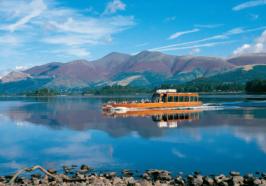 Group trips on the Keswick Launch
Group trips on the Keswick Launch -
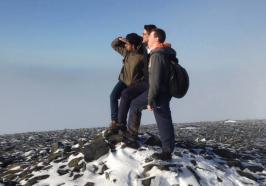 Birmingham University Wilderness Medicine Students
Birmingham University Wilderness Medicine Students -
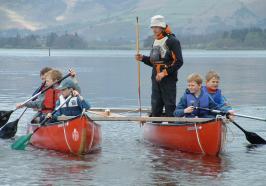 Working together on Derwent Water
Working together on Derwent Water -
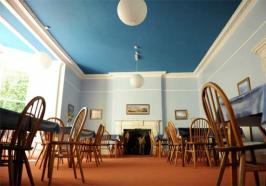 Dining room
Dining room -
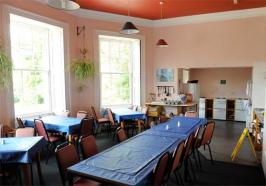 Self catering kitchen
Self catering kitchen -
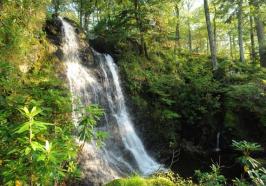 Barrow Cascade: the waterfall in our grounds
Barrow Cascade: the waterfall in our grounds -
-
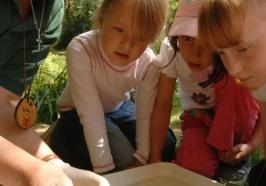 Classrooms in the forest
Classrooms in the forest -
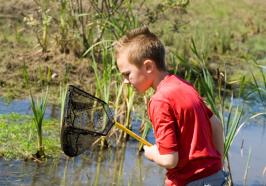 Pond-dipping
Pond-dipping -
Working together
-
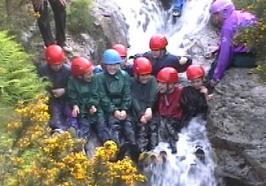 Gorge scrambling
Gorge scrambling -
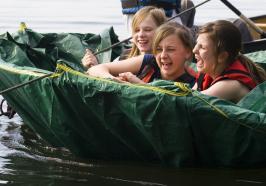 Raft building (and floating!)
Raft building (and floating!) -
.jpg) Be a Viking for a day!
Be a Viking for a day! -
 Indoor climbing
Indoor climbing -
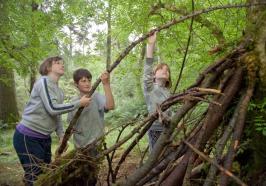 Shelter-building
Shelter-building


